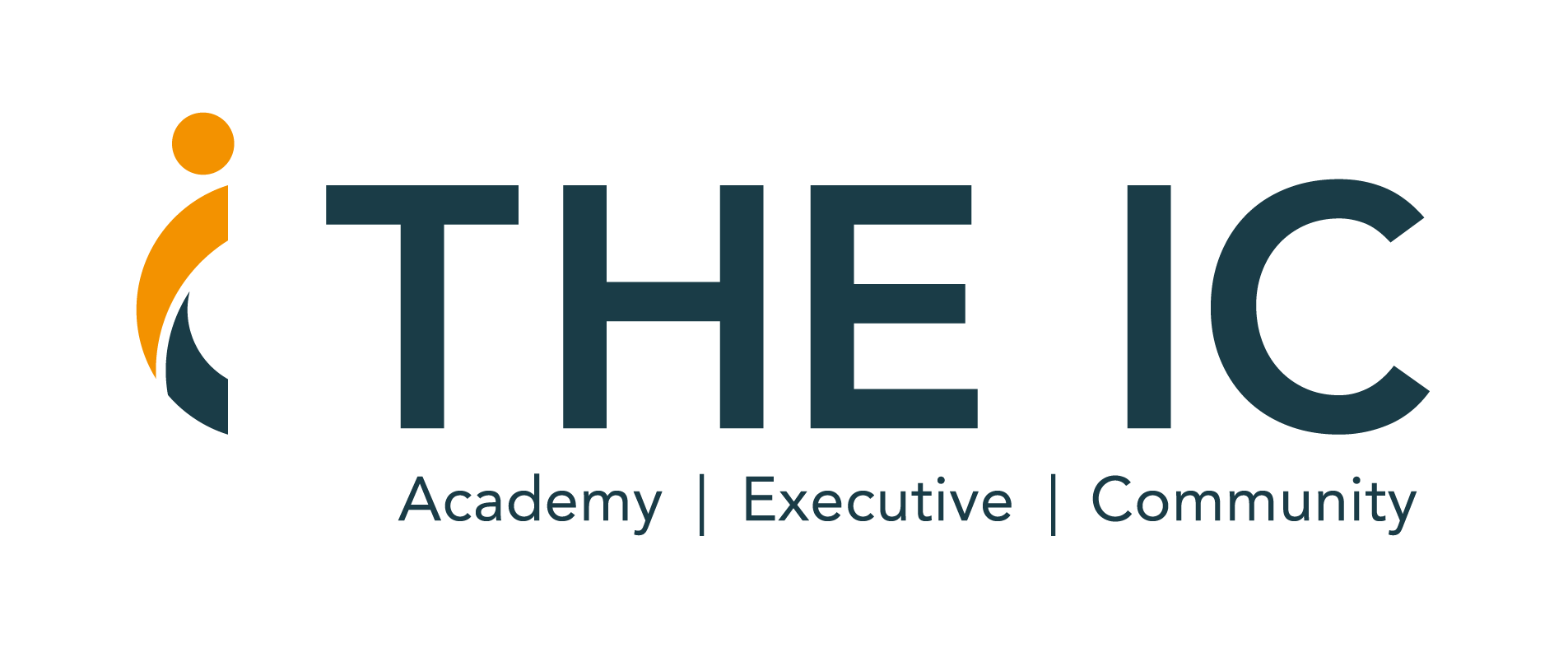The Digital Pivot of South African Higher Education
Charleen Duncan (Director of the University of the Western Cape Centre for Entrepreneurship and Innovation)

The rapid spread of the global COVID-19 pandemic through 2020 proved, once again, that a major societal crisis is always a catalyst for change.
While universities were already exploring and adopting new technologies and digital ways of work and learning, the sudden lockdown in March 2020 forced higher education institutions (HEIs) to fast-track flexible delivery modes, ushering in a phase of accelerated digital transformation in higher learning and, importantly, carrying the universities into the arena of innovation in teaching and entrepreneurial thinking.
Universities around the world suspended in-person teaching and began to provide alternative online content and modes, as the pandemic became the impetus for rapid adoption of electronic platforms for sharing learnings.
Of course, the internet was created to enable academic collaboration. But, the pandemic accelerated the pace and momentum of international collaboration and communication, especially in terms of peer-to-peer engagement on current challenges and emerging best practices.
I was fortunate to participate in one such engagement through the IC Café series of weekly 45-minute webinars hosted by Charlene Allen and Sirin Myles, the founders of IC Global Partnership based in the United Kingdom. The IC Café for university heads and directors is a virtual coffee date where up to 200 HEI heads and directors from 30 countries are invited to meet on the Zoom platform and share ideas as sector experts. The format is relatively informal and the presenters and virtual attendees participate in a format that is more guided conversation than seminar. Sessions are available later as downloadable video clips.
My fellow panellists in the IC Café session on ‘The Digital Pivot of South African Higher Education’ (23 February 2021) were Meekness Lunga-Ayidu, programme manager for science and higher education at the British Council, and Susana Galvan, the country director of the British Council for South Africa and Namibia. Unsurprisingly, the conversation was dominated by the effects of and responses to the COVID-19 pandemic with the reality of inequality an ever-present background.
In her opening remarks, Susana noted that there was a new sense of communality that was pushing people to innovate, to work differently and particularly to develop new ways of delivery.
“Partnerships and new ways of working are going to be really crucial moving forward in this new post-COVID world,” she said.
She also felt that the pandemic had made people revisit how they treated one another and the importance of values and kindness.
Expanding on the notion of communality, Meekness explained that the British Council worked to build strategic partnerships between UK and South African universities to deliver multiple higher education and science programmes. These programmes are mostly focused on strategic priorities such as expanding access, enhancing quality and increasing diversity within the higher education system. The COVID-19 lockdown restrictions had severely impacted the programmes, restricting travel and forcing the cancellation of physical events.
However, the British Council was able to pivot digitally in one partner programme on student entrepreneurship with Universities South Africa. Part of the original plan included a physical study visit to the UK to secure collaboration with HEIs there. This had to be replaced with a virtual tour but with the opportunity was taken to expand the scope to include meetings with nine academic thought leaders in entrepreneurship from the UK, USA and Africa. A real-world version of similar scope would have been impossibly costly.
At UWC, an institution whose students mostly have economically disadvantaged backgrounds, our immediate problem once the campus shut down was that many students lacked the devices to access online learning or the funds to purchase data, and they didn’t necessarily have the skills to navigate an online learning environment either. We had to engage corporates and the telecommunication industry around ways to reduce the cost of and reliance on data, look to more accessible mobile-friendly platforms and offline media to deliver content, and raise and invest considerable funds quickly to enable our students to participate fully in our adapted programming.
Undoubtedly, the virtual space offers many new possibilities to truly reimagine universities, and to re-examine where, how, through and with whom higher learning can and should take place. Wherever digital innovation promises to take us forward, such opportunities should be embraced. However, the virtual space has a context that must be grounded in the lived physical and material reality of our students.
Yes, that reality has been gravely impacted by the coronavirus, but COVID-19 is also acting as a great leveller in a positive sense. Since both well and less-resourced institutions and students have been physically limited in the same way [putting aside for the moment the caveat of the problem of access being resolved], our students can approach the virtual world on a more equitable footing.
This advantage is relevant to entrepreneurship education and developing student entrepreneurs generally and, in particular, to taking the opportunities offered by the digital space as a virtual incubator.
Our student entrepreneurs can ‘travel’ virtually for free, pitch ideas and projects to potential partners and funders, engage with mentors and expertise from anywhere in the world and build a presence online that gives them (and us) a footprint as impactful as much better-resourced enterprises.
Furthermore, the broader collaboration accommodated by the virtual space encourages diversity and promotes inclusiveness. The potential for students to participate in cross-border, cross-cultural, multi-disciplinary project teams is then limited only by their imagination and whether they have the confidence to grasp the nettle.
The choices universities make next are not akin to a traveller at a crossroad. Rather, we’re poised at a digital pivot in higher education, where embracing digital technology and the virtual world will turn us towards a new direction, to a future space where the technology itself becomes the place of learning.






